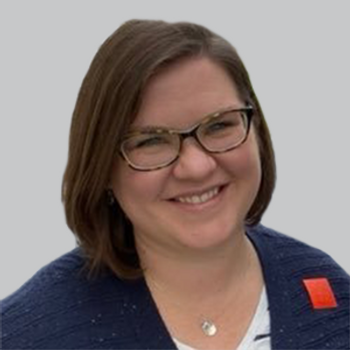
Top line results from the retrospective EXPERIENCE study of brivaracetam are expected to read out in early 2021.

Top line results from the retrospective EXPERIENCE study of brivaracetam are expected to read out in early 2021.
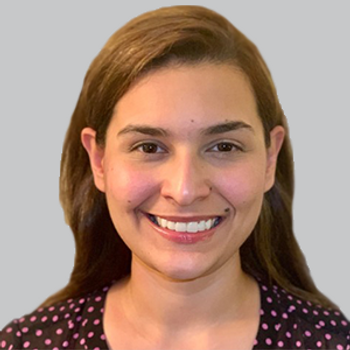
The GW Pharmaceuticals product has shown confirmed efficacy in LGS, though the study failed to produce a firm conclusion regarding its efficacy in other drug-resistant epilepsies.
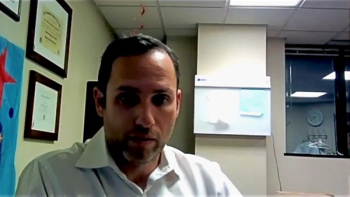
The director of pediatric epilepsy at the Northeast Regional Epilepsy Group discussed his study presented at AES 2020 which involved the effectiveness of diazepam nasal spray regardless of treatment regimen.
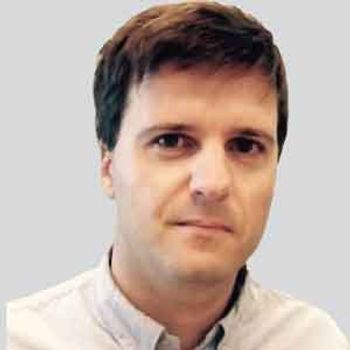
The initial study results may provide the basis for future evaluation as a step towards patient empowerment and objective epilepsy diagnostics for broad application.
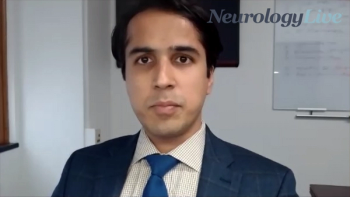
The neurologist from Cleveland Clinic discussed initial data from Study 410 and patient compliance rates with perampanel treatment.
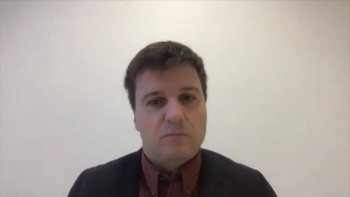
The neurologist from Universitätsmedizin Berlin and Berlin Institute of Health detailed his study from AES 2020 on using wristband sensor data to forecast seizures.
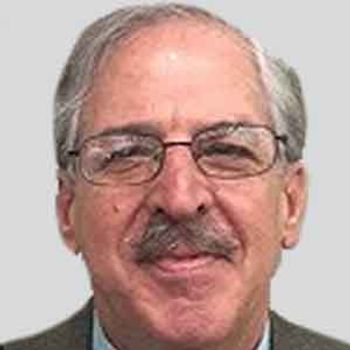
High retention rates and number of patients remaining seizure-free for prolonged periods indicated the efficacy of cenobamate in treating focal seizures.
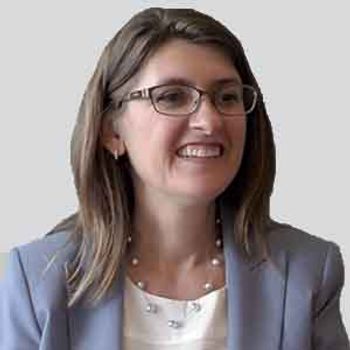
Fenfluramine was particularly effective in reducing generalized tonic-clonic seizure frequency in patients with Lennox-Gastaut syndrome, with a push for regulatory submission in the future.
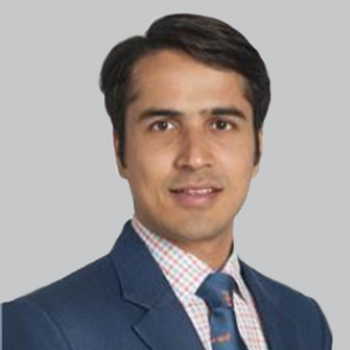
High compliance rates and well-tolerance of perampanel indicate its efficacy as a treatment for partial onset seizures.
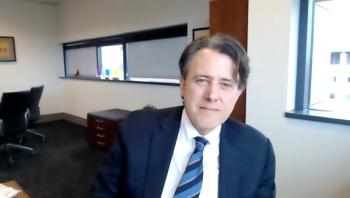
The chair of the department of neurology at The Ohio State University spoke to the ongoing conversation in MS about how aggressive to be with treatment early on.
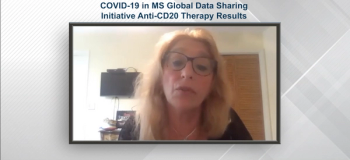
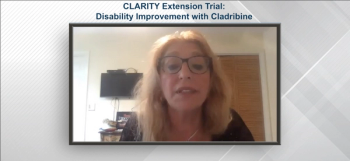
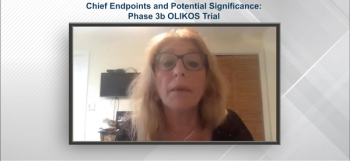
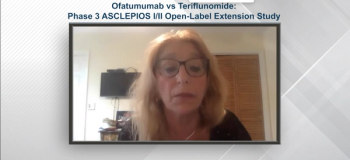
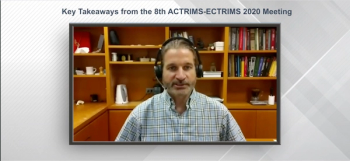
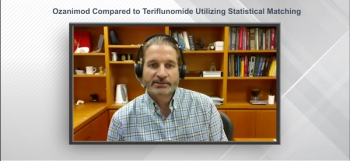
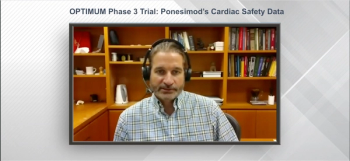
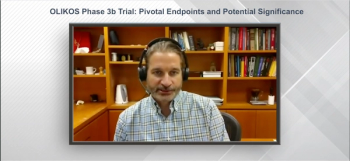
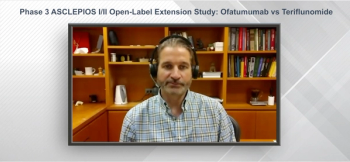
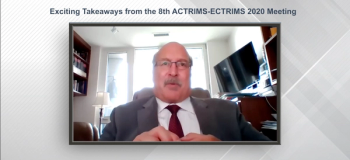
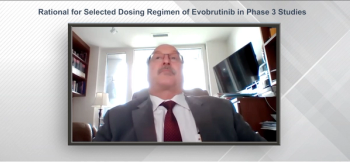
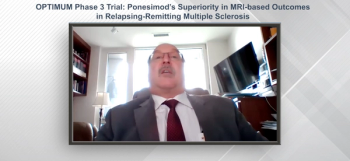
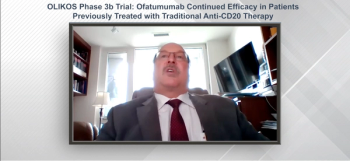
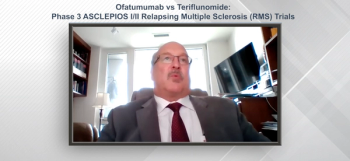

The chair of the department of neurology at The Ohio State University discussed the idea of the multiple sclerosis prodrome, presented in a plenary address at the MS Virtual 2020 meeting.

The chair of the department of neurology at The Ohio State University discussed some of the main themes and takeaways from the MS Virtual 2020 meeting.

The director of the Parkinson’s Foundation Center for Excellence at the University of Kansas Medical Center provided insight on the lapses in levodopa-carbidopa treatment and what potential changes could come in the future.

The director of the Parkinson’s Foundation Center for Excellence at the University of Kansas Medical Center shared the reasons why LCIG is underused in clinical care.
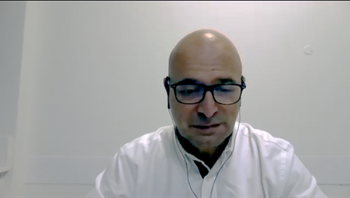
The head of the Laboratory of Clinical Pharmacology and Therapeutics at the University of Lisbon gave his perspective on the importance of the study population of this analysis.